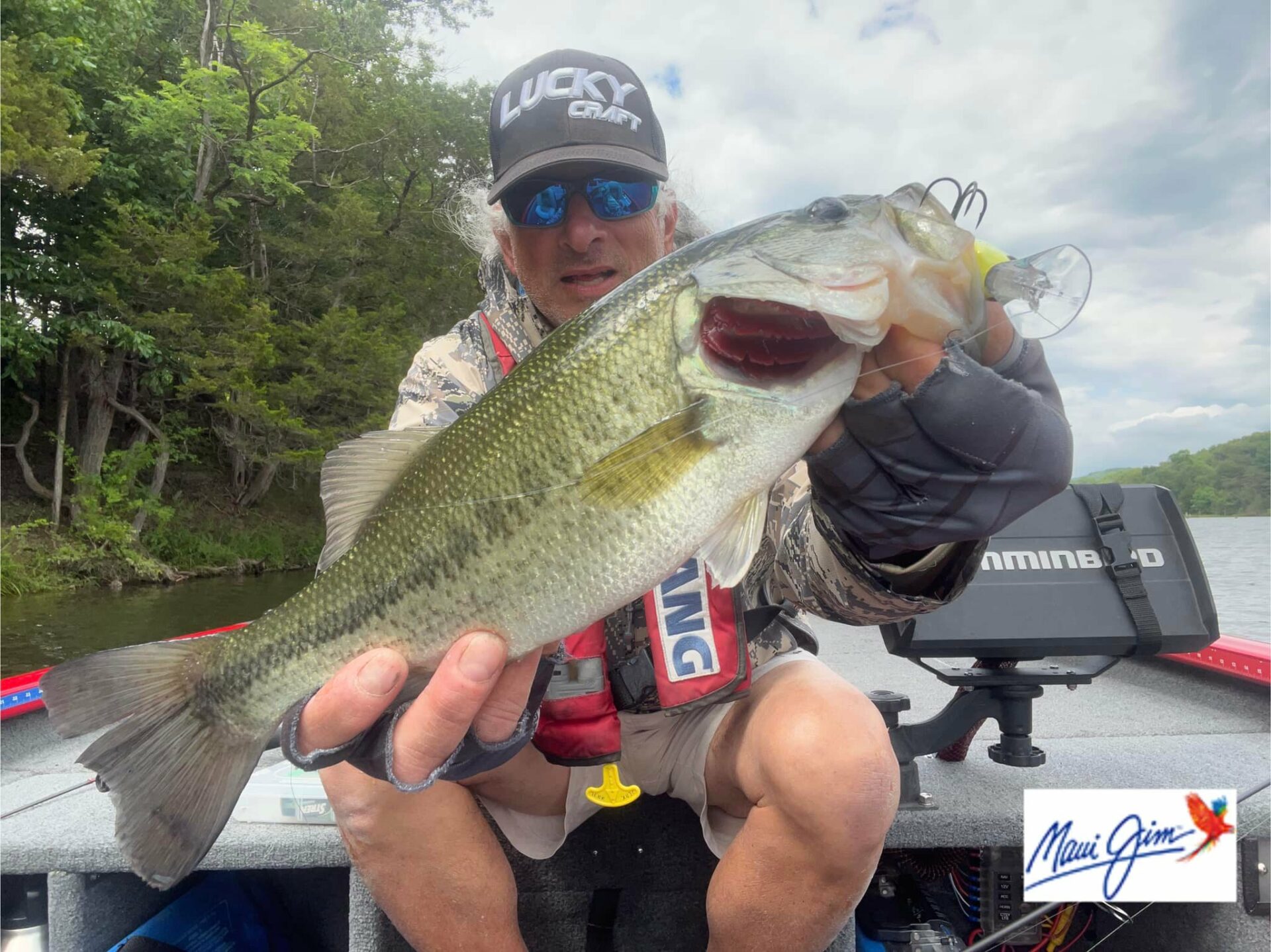When fish are caught, it’s possible they’ll either die due to the angling process or from delayed mortality after release. Anglers that tournament fish know that keeping five fish alive during the tournament day and through the weigh-in process is especially challenging in summer months. This prompted a MD Black Bass Advisory Committee (BBAC) discussion to amend the tournament permit requirements.
Over the past five years, there were nearly 2,000 permitted tournaments in Maryland with 23% on the Potomac River, not including events launched from Virginia ramps as they’re not required to obtain a MD DNR permit. Nearly half of the MD events occurred during the special fish care period, June 1- Sept 30.
Permit guidelines like functioning livewells, non-piercing culling devices, no culling of dead fish, and minimum ¼ ounce penalty for dead fish, are readily accepted. Additionally, fish must be transported in water-filled containers to and from the weigh-in with a maximum of two minutes of transportation time. When water temperatures exceed 80°, continuous live well circulation with periodic water exchanges is required.
However last June the MD DNR monitored a Potomac tournament. Their data produced concern.
Of 1,375 fish, 113 were dead at the scale, an 8.2% mortality rate. The Department says this is high, especially when survival could have been improved with compliance with permit requirements. The BBAC also felt this was high but was concerned that the tournament director reported only 41 dead fish. This disparity was excessive according to many BBAC members.
MD DNR Tidal Black Bass Manager Ryan Gary says extreme conditions, regardless of fish care, would result in an above average mortality rate because of hot air and water conditions. Last June’s tournament exceeded dead fish expectations. Gary points to more weigh-in bags being distributed than aerated tanks could handle. It was also noted fish were held in transfer bags more than the required two minutes without access to supplemental water, which would provide cooler and more oxygenated water. Additionally, some fish bags were not filled with water after weighing and on their way to rehabilitation tanks prior to release, leading to further fish stress.
While mandatory livewell icing and earlier weigh in times were well received, the BBAC encouraged the department to establish weigh-in guidelines to speed the process of returning fish to the water. The BBAC overwhelmingly agreed to increase dead fish penalties from ¼ pound to a ½ pound for each dead fish. It was suggested that DNR staff or volunteer monitors be assigned to ensure tournament permit compliance. In 2025 MD permit holders will agree to only have three bags in line, increasing to five each per 100-gallon aerated tanks.
However, tournament anglers taking care of their fish should scrutinize tournament director actions, pressuring tournament organizers to do better or stop fishing in them! And for Virginia tournaments not affected by MD restrictions, it’s time they consider adopting them. It’s important to understand that fish brought to the scales are the largest in the fishery and once they’re gone, they can’t be replaced.
Author Capt. Steve Chaconas is Potomac bass fishing guide & freelance writer. Potomac River reports: www,nationalbass.com. YouTube video channel NationalBassGuide.



